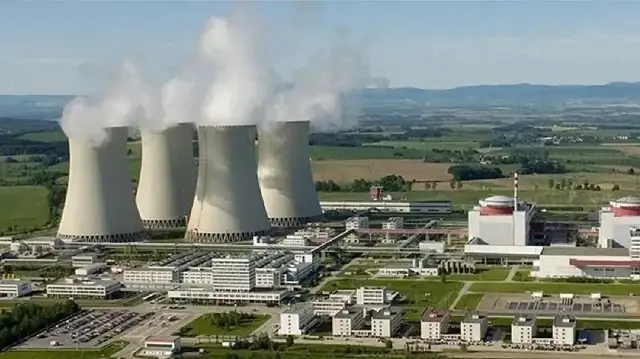Egypt mediates between Iran and IAEA on nuclear program cooperation

Egyptian Foreign Minister Badr Abdelatty held separate phone discussions with Iranian counterpart Abbas Araghchi and IAEA chief Rafael Grossi to advance peaceful solutions for Iran's nuclear program. The talks focused on restoring Tehran's cooperation with the international atomic agency and reducing regional tensions surrounding Iran's nuclear activities.
Egypt has intensified its diplomatic mediation efforts between Iran and the International Atomic Energy Agency (IAEA) regarding Tehran's nuclear program. Egyptian Foreign Minister Badr Abdelatty conducted separate telephone conversations on Thursday with Iranian Deputy Foreign Minister Abbas Araghchi and IAEA Director General Rafael Grossi, focusing on finding peaceful solutions to the nuclear issue and enhancing regional security.
Building on Previous Agreements
The discussions emphasized the importance of maintaining dialogue between Tehran and the UN nuclear watchdog, particularly building upon the agreement brokered by Egypt on September 9. Abdelatty stressed the need to resume and expand cooperation based on this framework and called for intensified consultations among relevant parties in the coming period. The September agreement had marked a significant step in restoring cooperation that had been suspended since June 2025.
Egypt's Regional Mediation Role
These diplomatic efforts align with Egyptian President Abdel Fattah al-Sisi's directives to continue tension-reduction initiatives throughout the Middle East. This represents the second round of such discussions in recent weeks, following similar phone calls on October 18 involving Abdelatty, Araghchi, Grossi, and US Middle East envoy Steve Witkoff. During those earlier conversations, parties agreed to "continue following up on efforts and reviewing proposals to achieve the desired breakthrough."
Broader International Context
The diplomatic push comes amid significant developments in the international stance toward Iran's nuclear program. Iran's Foreign Ministry recently announced that UN Security Council Resolution 2231, which endorsed the 2015 nuclear deal, had expired on its 10-year anniversary. Tehran interprets this expiration as releasing it from UN sanctions on nuclear activities. Meanwhile, France, the UK, and Germany activated the "snapback" mechanism in August, reinstating sanctions against Iran for alleged violations of the nuclear agreement.
Reklam yükleniyor...
Reklam yükleniyor...







Comments you share on our site are a valuable resource for other users. Please be respectful of different opinions and other users. Avoid using rude, aggressive, derogatory, or discriminatory language.